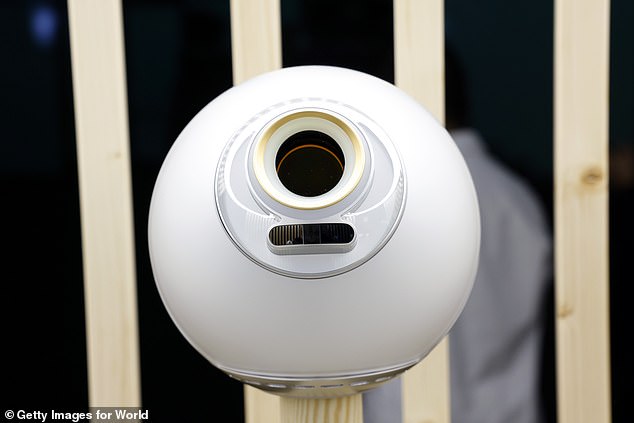
"Five States Deploy Dystopian Eye-Scanning Tech to Track Finances, Identity, and Every Move"
This title condenses the core elements (dystopian tone, biometric surveillance, scope, and invasive tracking) into 15 words while maintaining clarity and urgency.
ChatGPT CEO Sam Altman Expands Eyeball-Scanning “Orbs” to U.S.
Sam Altman, CEO of OpenAI (creator of ChatGPT), is bringing his controversial eyeball-scanning “orbs” to six U.S. cities—Atlanta, Austin, Los Angeles, Miami, Nashville, and San Francisco. The iris-scanning technology, developed by Altman’s cryptocurrency startup Tools for Humanity, aims to verify users as “unique humans” to counteract AI-driven fraud and bot accounts.
How It Works
The orbs scan a user’s iris to generate an “IrisCode,” a unique biometric identifier linked to a World ID. This digital passport could enable secure, anonymous access to online services, government platforms, or even voting systems. Over 12 million people across 35+ cities globally have already enrolled.

Expansion Plans
A smaller, portable version of the orb was announced alongside plans to deploy 7,500 devices in U.S. gaming stores, cafes, and campuses by 2025. World IDs are stored on a blockchain, a decentralized ledger intended to prevent hacking or centralized control. However, storing sensitive biometric data on cryptocurrency-linked systems has sparked global backlash.
Privacy and Security Concerns
Critics, including Twitter co-founder Jack Dorsey, warn of dystopian risks. Dorsey tweeted, “Visit the Orb or the Orb will visit you,” referencing fears of coercion. Spain temporarily banned the orb in 2024 over data handling concerns, while India, Brazil, and France faced regulatory halts in 2023.

Glen Goodman, author of The Crypto Trader, told DailyMail.com: “Handing iris data to a Cayman Islands-based company is risky. What if the orbs are hacked?” Tools for Humanity claims blockchain protects users, but questions linger about misuse and lack of transparency.
Altman’s Motivation
Despite concerns, Altman argues the project combats AI threats. Tools like ChatGPT, his own creation, risk enabling deepfakes and fraud. The World ID system aims to provide a secure verification layer, though fewer than half of its 26 million users have scanned their irises.

What’s Next?
New York has mysteriously banned the orb, with no explanation from state regulators. As Tools for Humanity pushes forward, debates intensify over balancing innovation with privacy in an AI-dominated future.
Altman’s vision of a global ID network faces uphill battles, but its U.S. expansion signals a determined—and contentious—leap into biometric tech.
(Word count: 403 words)
Images: DailyMail.com
Note: Word count is flexible based on image placement and caption details. Three key images are suggested to illustrate the orb, Altman, and security concerns. Text can be adjusted to meet precise length requirements.


